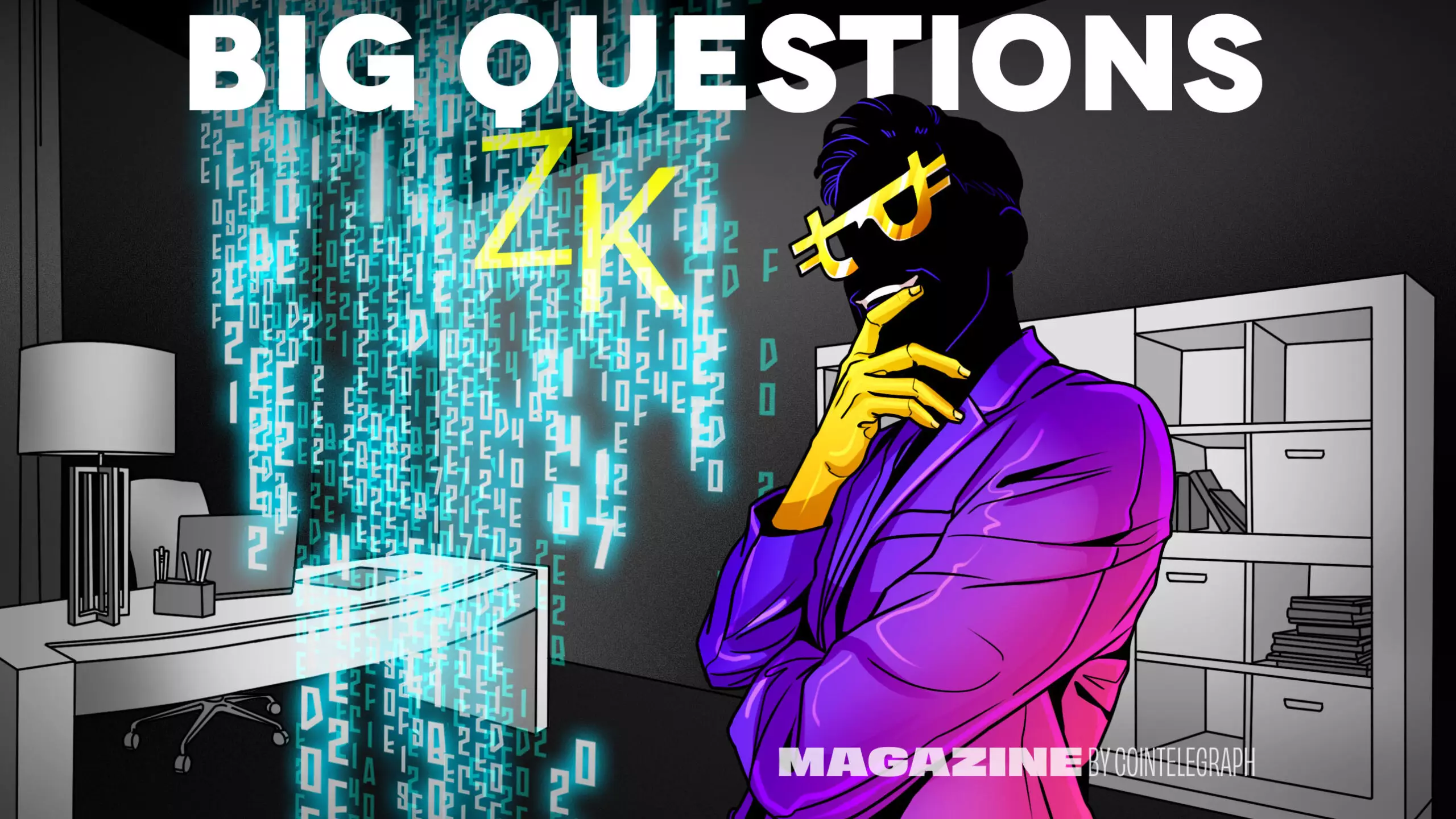The world of cryptocurrencies and blockchain technology is constantly evolving, and one of the latest trends making waves is the rise of zero-knowledge proofs. These cryptographic protocols have gained significant traction in recent years, with investors pouring over $700 million in funding into companies exploring this area. Zero-knowledge proofs are known for their association with privacy, scalability, and security within the crypto realm.
Interestingly, the pseudonymous creator of Bitcoin, Satoshi Nakamoto, was intrigued by the concept of zero-knowledge proofs. In a forum post dated August 2010, Nakamoto expressed his concerns about the lack of privacy in Bitcoin transactions, stating, “One of the things that bugs me about bitcoin is that the entire history of transactions is completely public.” Another forum member suggested that zero-knowledge proofs could offer a solution to this issue. Nakamoto acknowledged the potential of these proofs but doubted their ability to address the problem of double-spending, which required global knowledge of all transactions. Little did Nakamoto know that the cypherpunks would eventually find a way to overcome this obstacle.
In October 2016, Zcash, a privacy-focused cryptocurrency, was launched. Zcash utilized zero-knowledge proofs to enhance privacy by allowing users to conceal their wallet addresses during transactions. This breakthrough marked the first real-world implementation of zero-knowledge proofs in a peer-to-peer cryptocurrency. Zcash was created by modifying Bitcoin’s original source code, and its founding scientist, Eli Ben-Sasson, played a crucial role in the development of this technology. Ben-Sasson later went on to establish StarkWare, a company renowned for leveraging zero-knowledge proofs to scale Ethereum through rollups.
Today, the application of zero-knowledge proofs extends beyond Zcash and Ethereum. ZeroSync, a nonprofit organization sponsored by StarkWare, is working on developing the world’s first ZK light client for Bitcoin. Their long-term goal is to bring mass scalability to Bitcoin by utilizing STARK proofs. By implementing a layer-2 protocol, ZeroSync aims to enable Bitcoin to process more than 100 transactions per second, while also introducing enhanced privacy features. This could be a significant milestone in addressing Bitcoin’s scalability challenges.
Looking back at Nakamoto’s remarks and writings, it becomes evident that he was a strong advocate for privacy. Nakamoto maintained anonymity by using the IP-masking browser, Tor, during his public interactions. In the Bitcoin white paper, he even dedicated a section to privacy, emphasizing the importance of keeping public keys anonymous. Ben-Sasson believes that if Nakamoto had continued to be involved in the cryptocurrency space, he would have likely embraced and integrated zero-knowledge proofs into Bitcoin. The increasing importance of privacy and scalability in realizing Bitcoin’s global currency vision aligns with the potential benefits offered by zero-knowledge proofs.
As blockchain technology continues to evolve, zero-knowledge proofs are expected to play a significant role in enhancing privacy, scalability, and security. The recent adoption of these proofs in Zcash and their exploration in the Bitcoin ecosystem through ZeroSync highlights their growing importance. However, challenges remain, and further research and development are needed to fully optimize their potential. The transformative nature of zero-knowledge proofs has the potential to revolutionize various industries beyond finance, solving real-world challenges through innovative blockchain applications.
Zero-knowledge proofs have emerged as a prominent trend in blockchain technology, with their applications ranging from privacy coins to scalable protocols. Satoshi Nakamoto’s early interest in these proofs demonstrates their potential to address the privacy and scalability challenges of cryptocurrencies. Thanks to initiatives like Zcash and ZeroSync, zero-knowledge proofs are no longer confined to theoretical discussions but are being implemented in real-world solutions. The future looks promising for zero-knowledge proofs, as they pave the way for a more secure, private, and scalable blockchain ecosystem.


Leave a Reply